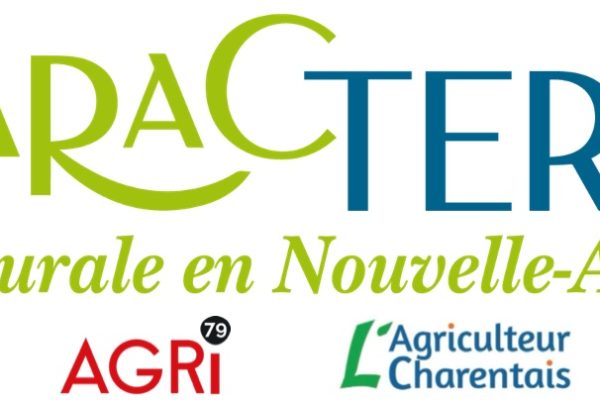Document type : Report published by the Conservative Animal Welfare Foundation (U.K.)
Authors: Thomas Billingtonand Jennifer-Justine Kirsch (Fish Welfare Initiative)
Preview: The UK was one of the first countries to eother small companion animalst animal welfare legislation, and to this day stands as one of the strongest countries for protecting farmed animal wellbeing. However, fish have typically been left out of this progress. Today, the UK farms an estimated 28 to 77 million fish and catches a further 1.5 to 2.7 billion every single year, with close to no regulation on the treatment of these animals.
The scientific community found evidence for fish sentience over two decades ago, and now this is broadly recognized by consumers. 76% of people in the UK believe the welfare of fish should be safeguarded to the same extent as other animals farmed for food. However, the current lack of legislation has created an animal welfare crisis that is as massive as it is inhumane.
Global competition and the depletion of wild fish stocks has forced producers to adopt rapid intensification, and, in the process, sacrifice long-term sustainability. In fisheries, trawlers level entire ecosystems to the ground and catch thousands of fish in crowded nets. The majority of the billions of fish caught in UK waters die from asphyxiation (oxygen depletion). During this cruel slaughter method, fish can remain conscious for up to 1-2 hours before being relieved of their suffering. In fish farming, an epidemic of sea lice is costing the industry millions each year. Mortality rates that would be alarmingly high in other farmed animal sectors are accepted as routine. Production is unstable, and the industry is now habituating dangerous practices, pouring in money to keep this precarious situation viable (and leaving fish, the environment, and social welfare to absorb the cost). However, there are viable alternatives. Across the globe, more and more consumers are searching for higher welfare products. There are effective ways to help improve fish welfare. Having left the EU, the UK has been presented with a unique opportunity to uplift entrepreneurial farmers and fishers, and pave the way for the rest of the world. This could benefit social welfare, the environment, and the billions of fish that are harvested each year. Below is a list of welfare improvements that we believe can help the UK to continue its legacy of innovation in the animal welfare space and legislating compassion.
1. Mandatory labelling
a. Educate consumers about what 'sustainable' and 'organic' labels truly mean for fish welfare
b. Introduce labels that correctly indicate the welfare implications of sea food products
2. Improvement of Demersal and Beam Trawl Management
a. Introduce seasonal restrictions
b. Build a timeline for ending demersal and beam trawling entirely and substitute with more welfare-friendly and sustainable capture methods
3. Welfare Improvements in Marine Capture Fisheries
a. Minimise time during capture and landing and decrease risk of injuries and pre-stunning death
b. Develop legislation for humane capture and slaughter for UK vessels and those fishing in UK waters
4. Aquaculture Site Selection and Communication
a. Establish stronger monitoring and site assessment systems to locate farms based on low sea lice levels
b. Create no-farming zones to break sea lice dispersal
c. Enhance communication between farmers to:
i.Synchronize treatment among neighboring farms and avoid reinfection after successful treatment
iii. Communicate about treatments that succeeded or failed in similar areas
iii. Synchronize fallow periods (the period of time between cycles offish) to allow sea lice infestations to dissipate
5. Funding of Fish Welfare-Oriented Research
a. Advance the field of fish welfare research by earmarking funds




